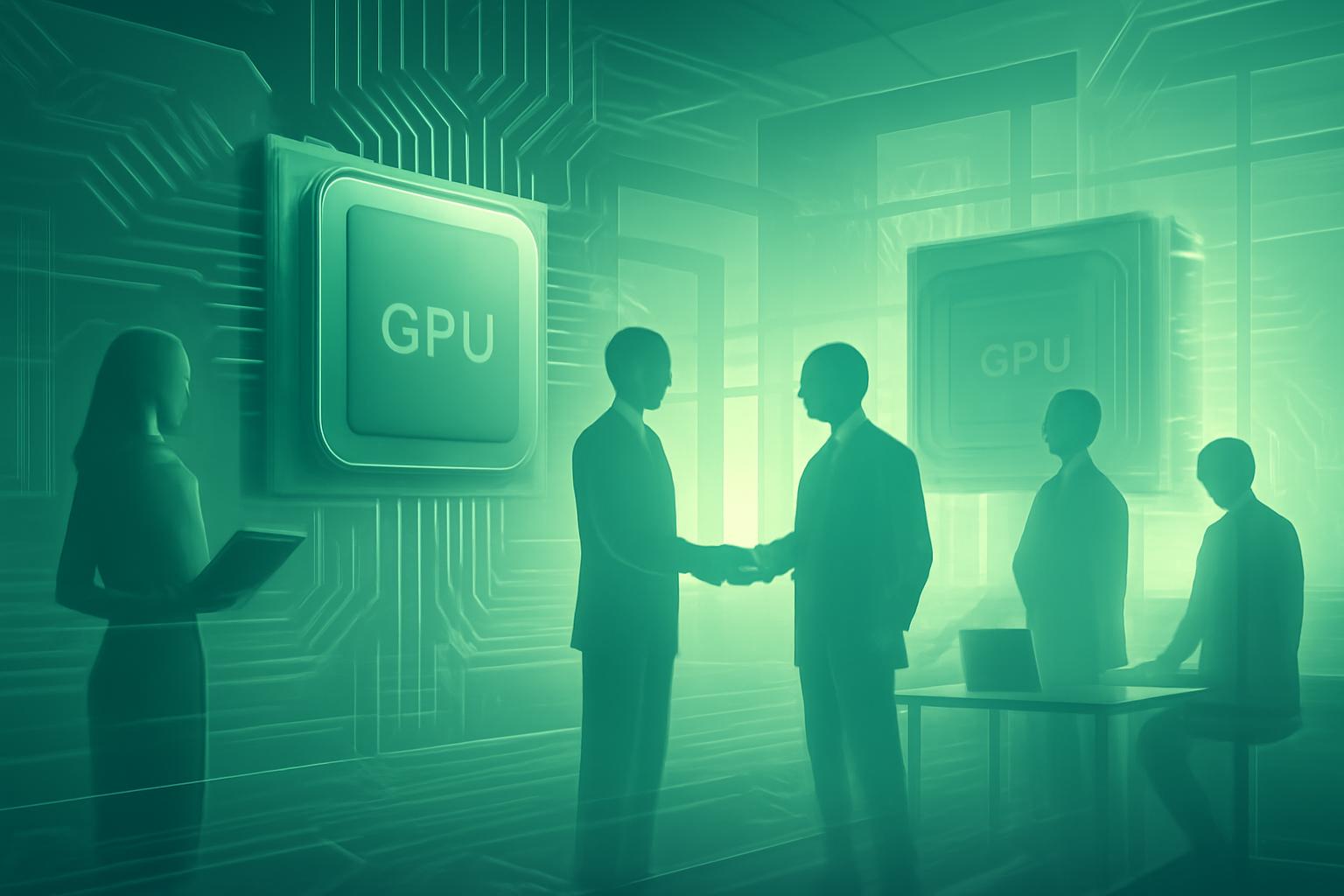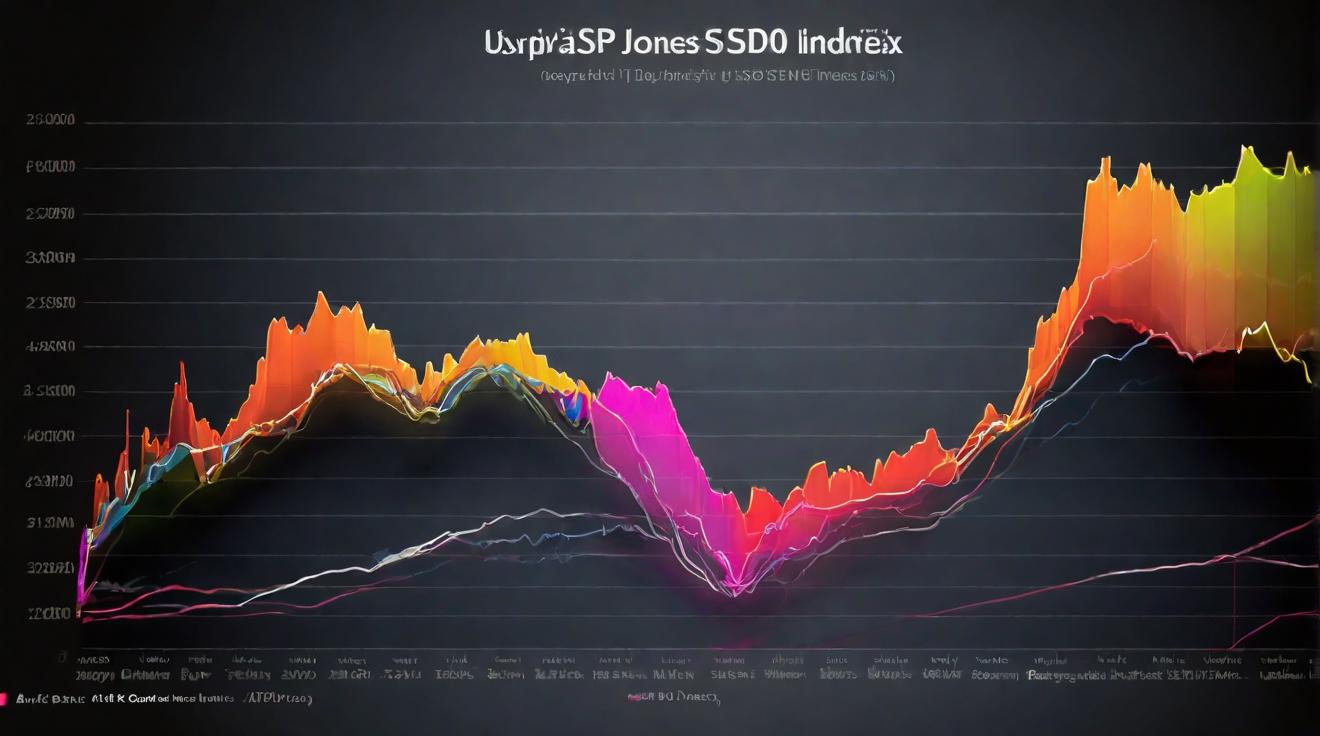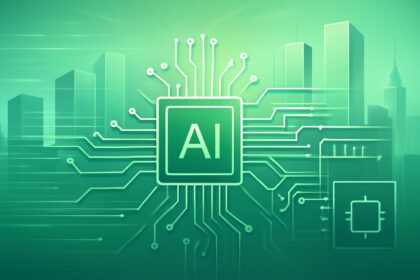OpenAI and AMD Forge Landmark AI Chip Partnership
OpenAI and Advanced Micro Devices (AMD) announced a strategic partnership that could see OpenAI take up to a 10% ownership stake in AMD. This agreement involves a multi-year deployment of AMD’s Instinct graphics processing units (GPUs), totaling 6 gigawatts across several hardware generations, starting with an initial 1-gigawatt rollout in the second half of 2026. The announcement triggered a surge in AMD’s stock price, which jumped more than 30% on the day of the news, reflecting strong investor confidence in the deal’s potential impact on the AI chip market.
Strategic Significance for OpenAI’s Compute Capacity
OpenAI President Greg Brockman emphasized the critical nature of this partnership for scaling AI capabilities. He noted that current compute limitations restrict OpenAI’s ability to launch revenue-generating features within ChatGPT and other products.
“We have to do this,” Brockman stated. “This is so core to our mission if we really want to be able to scale to reach all of humanity, this is what we have to do.”
The deal includes a warrant for OpenAI to acquire up to 160 million AMD common shares. Vesting of these shares is contingent upon deployment milestones and AMD’s stock performance, with the first tranche tied to the initial 1-gigawatt deployment.
AMD CEO Highlights Long-Term AI Growth Potential
AMD CEO Lisa Su described AI as a decade-long growth opportunity that demands robust foundational compute resources. She underscored the importance of partnerships like this to accelerate technology deployment and ecosystem development.
“You need partnerships like this that really bring the ecosystem together to ensure that we can get the best technologies out there,” Su said. “We’re super excited about the opportunities here.”
Context Within the Broader AI Chip Ecosystem
This deal complements OpenAI’s recent $100 billion equity and supply agreement with Nvidia, which covers a dedicated 10-gigawatt portion of OpenAI’s 23-gigawatt infrastructure roadmap. The Nvidia deal involved Nvidia taking an ownership stake in OpenAI, contrasting with OpenAI’s potential stake in AMD. AMD’s involvement diversifies OpenAI’s supply chain and mitigates risks associated with overreliance on a single supplier. Additionally, OpenAI is in talks with Broadcom to develop custom chips, further broadening its hardware partnerships. This expanding network of collaborations illustrates the increasingly circular corporate economy in AI, where capital, equity, and compute are exchanged among a select group of companies driving AI innovation.
OpenAI’s Infrastructure Expansion
OpenAI’s ambitious infrastructure rollout, dubbed the Stargate project, is rapidly advancing. Its first facility in Abilene, Texas, is already operational with Nvidia chips. Future sites in New Mexico, Ohio, and the Midwest will incorporate a mix of suppliers, including AMD, reflecting OpenAI’s strategy to scale compute capacity with diverse technology partners.
Financial Scale and Market Impact
The deal is valued in the billions, though specific figures were not disclosed. Industry estimates place the cost of constructing AI infrastructure at approximately $50 billion per gigawatt. Combined with its recent Nvidia agreement, OpenAI has committed nearly $1 trillion toward AI infrastructure expansion within weeks. Following the announcement, Nvidia’s shares declined slightly by 1%, indicating possible investor concerns about increased competition in the AI chip supply market.
FinOracleAI — Market View
The OpenAI-AMD partnership represents a pivotal development in the AI hardware sector, signaling both diversification of supply chains and intensifying competition among chipmakers. OpenAI’s multi-gigawatt deployment strategy underscores the immense capital and technological investments required to sustain generative AI growth.
- Opportunities: Enhanced supply chain resilience for OpenAI; validation of AMD’s AI roadmap; acceleration of AI infrastructure deployment.
- Risks: Potential supply chain bottlenecks; competitive tensions among GPU providers; integration challenges across multiple hardware platforms.
Impact: This deal positively reshapes the AI hardware landscape by positioning AMD as a key player alongside Nvidia, while enabling OpenAI to scale compute capacity critical for future AI innovations.













